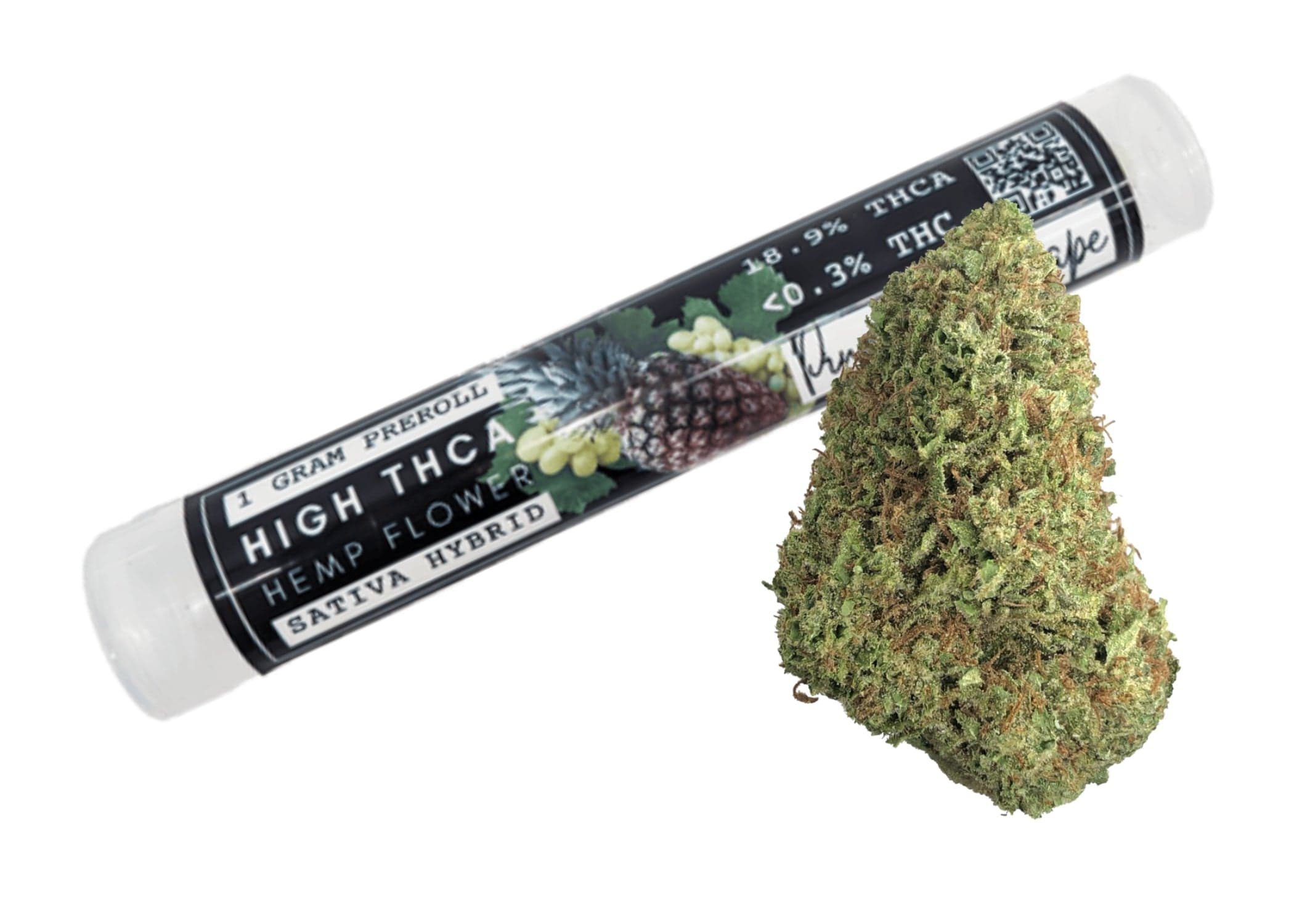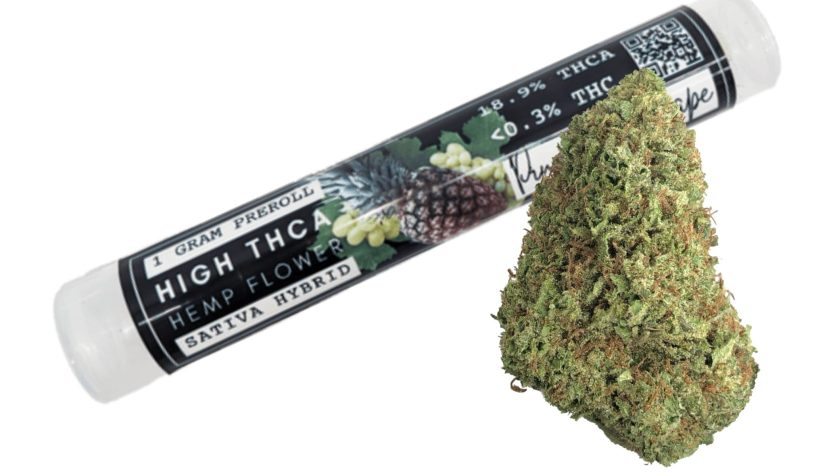In the realm of alternative medicine and wellness, the exploration of cannabis and its derivatives has expanded exponentially. Among the myriad of compounds found in the cannabis plant, THCA (tetrahydrocannabinolic acid) stands out for its potential cognitive benefits. As interest in natural remedies grows, the THCA hemp flower product market is gaining momentum. But what exactly is THCA, and how does it influence cognitive function?
Understanding THCA: A Primer
THCA is a precursor to THC (tetrahydrocannabinol), the psychoactive component of cannabis. Unlike THC, THCA does not induce intoxication in its raw form. Instead, it offers a range of potential health benefits, including anti-inflammatory and neuroprotective properties. THCA is abundant in raw cannabis plants and can be found in higher concentrations in strains specifically bred for this purpose.

The Mechanism of Cognitive Enhancement
Research into the effects of THCA on cognitive function is still in its infancy, but initial findings suggest promising results. One proposed mechanism is THCA’s interaction with the endocannabinoid system (ECS), a complex network of receptors found throughout the body, including the brain. THCA may support cognitive processes such as memory, learning, and attention by modulating neurotransmitter release and synaptic activity.
Navigating the Market: THCA Hemp Flower Products
As consumer demand for natural remedies grows, so does the availability of THCA hemp flower products. These products typically consist of dried cannabis flower with high levels of THCA and minimal THC content. From whole flower to concentrates, consumers have a variety of options to explore. However, sourcing products from reputable suppliers is essential to ensure quality and safety.
Potential Applications and Considerations
While the potential cognitive benefits of THCA are intriguing, it’s essential to approach its use with caution. As with any supplement or alternative therapy, individual responses may vary. Additionally, more research is needed to fully understand the long-term effects and optimal dosing of THCA for cognitive enhancement. Consulting with a healthcare professional knowledgeable about cannabis therapeutics is advisable, especially for those with pre-existing medical conditions or taking medications.
Exploring the Future of THCA Research
The growing interest in THCA and its potential cognitive benefits underscores the need for further research. Clinical trials and observational studies are necessary to elucidate its mechanisms of action, therapeutic potential, and safety profile fully. With continued scientific inquiry, THCA may be a valuable tool in promoting cognitive wellness and addressing neurological conditions.

Conclusion
In conclusion, THCA hemp flower products represent a promising avenue for those seeking natural ways to support cognitive function. While research is ongoing, preliminary evidence suggests that THCA may offer neuroprotective and cognitive-enhancing effects. As the landscape of cannabis research evolves, so too will our understanding of THCA and its therapeutic potential. Individuals interested in exploring THCA for cognitive wellness should proceed with informed discretion, seeking guidance from healthcare professionals and staying abreast of emerging evidence.

